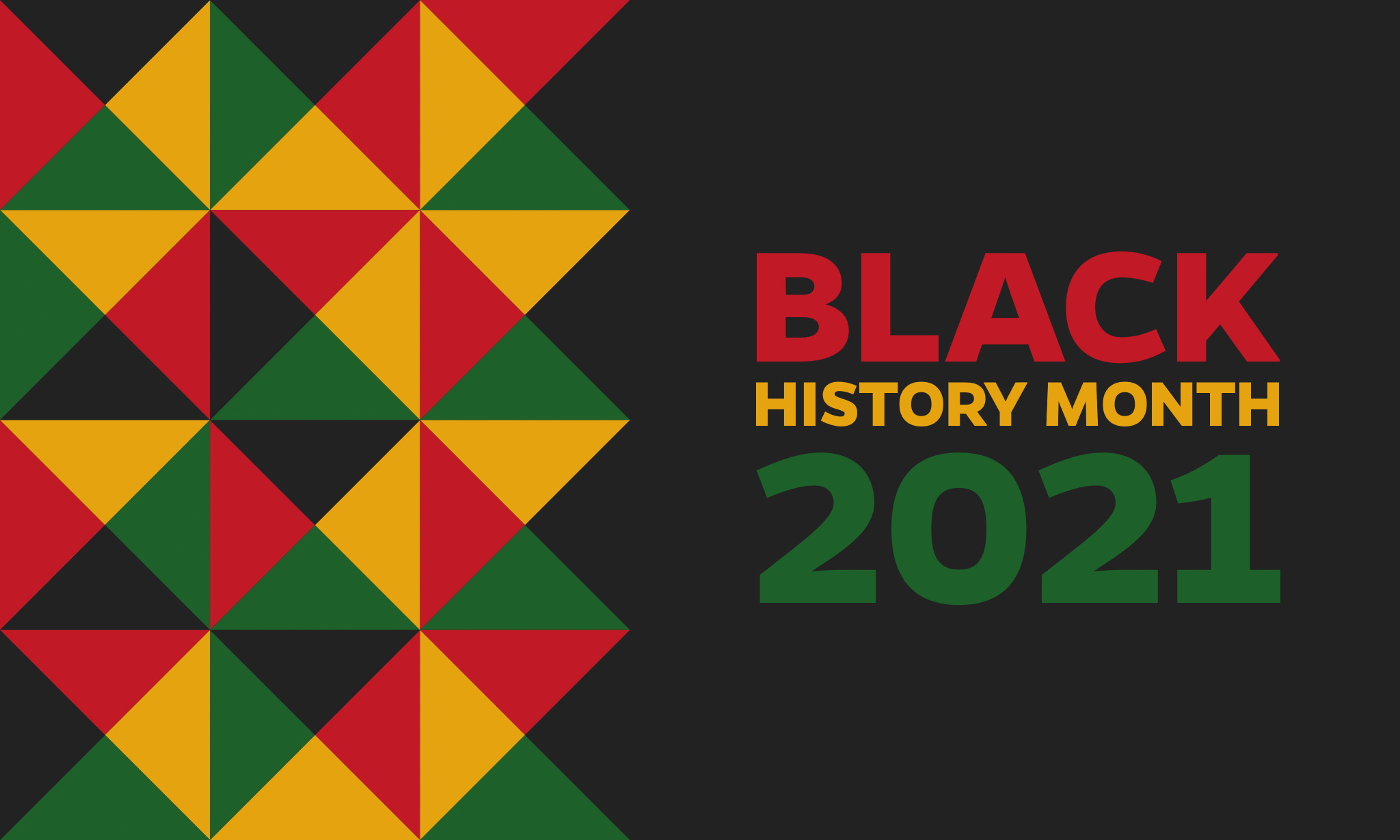 Geography is a diverse field. Throughout the month of February, we will be highlighting the work of Black Geographers, some of whom are #GeoGators.
Geography is a diverse field. Throughout the month of February, we will be highlighting the work of Black Geographers, some of whom are #GeoGators.
Special thanks the University of British Columbia Department of Geography for their excellent A reading list of Black geographers, which inspired this project.
Dr. Keith Yearwood
Keith is a GeoGator alum, a Lecturer in the Department of Geographical Sciences at the University of Maryland, and a National Geographic State Geography Steward. He is a fluvial geomorphologist.
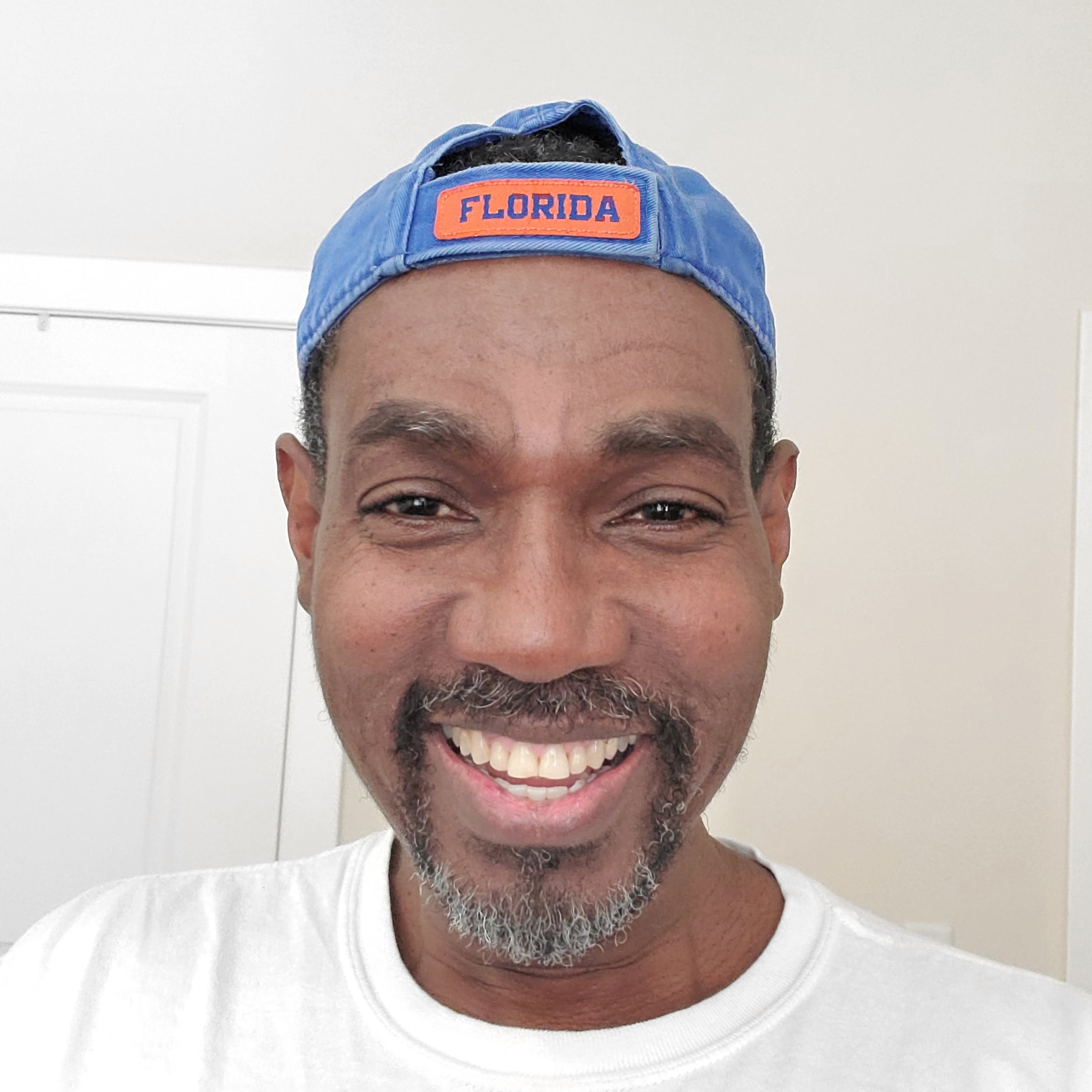
Dr. Arrianna Marie Planey
Arrianna Marie is a Medical Geographer and an Assistant Professor of Health Policy and Management at the University of North Carolina, Chapel Hill. Her research and teaching focuses include the application of spatial analytic/statistical/epidemiologic methods to study interactions between health(care) policies, healthcare access and utilization and underlying, population-level health inequities, and identify points of intervention at structural- and system-levels. She has ongoing collaborative research projects exploring birth outcomes (preterm birth and low birth weight) among Black immigrants in segregated neighborhoods, maternal telehealth use, and the disparate effects of rural hospital closures on acute care access.
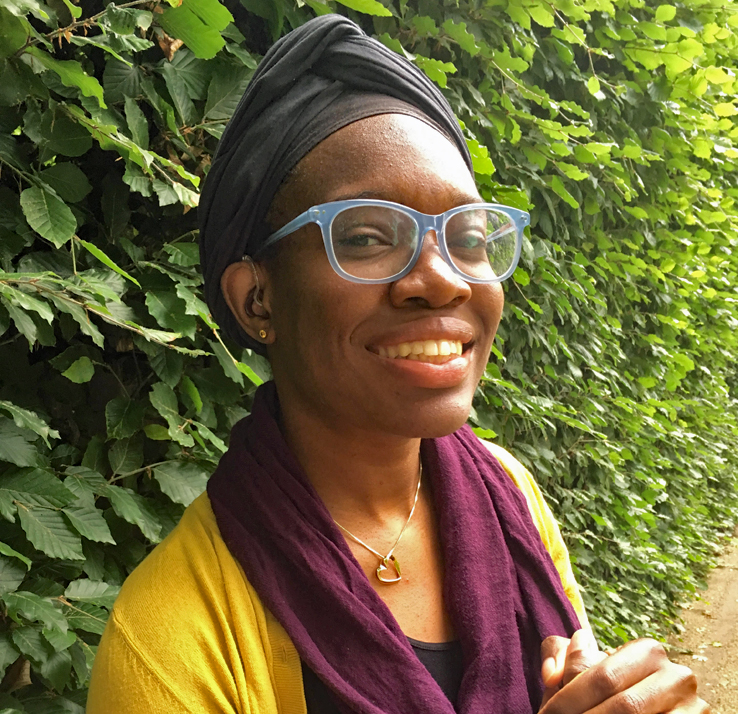
James Chuma (c.1850-1882)
James Chuma spent half of his 32 years on five expeditions. Eight of these years were spent with David Livingstone and travelled to London after Livingstone’s funeral. With Abdullah Susi, he worked with Livingstone’s friends and family to establish the legacy of the Scottish explorer (see image below). Chuma was held in high esteem by all British explorers he worked with and was known for his reliability, resourcefulness and commitment.
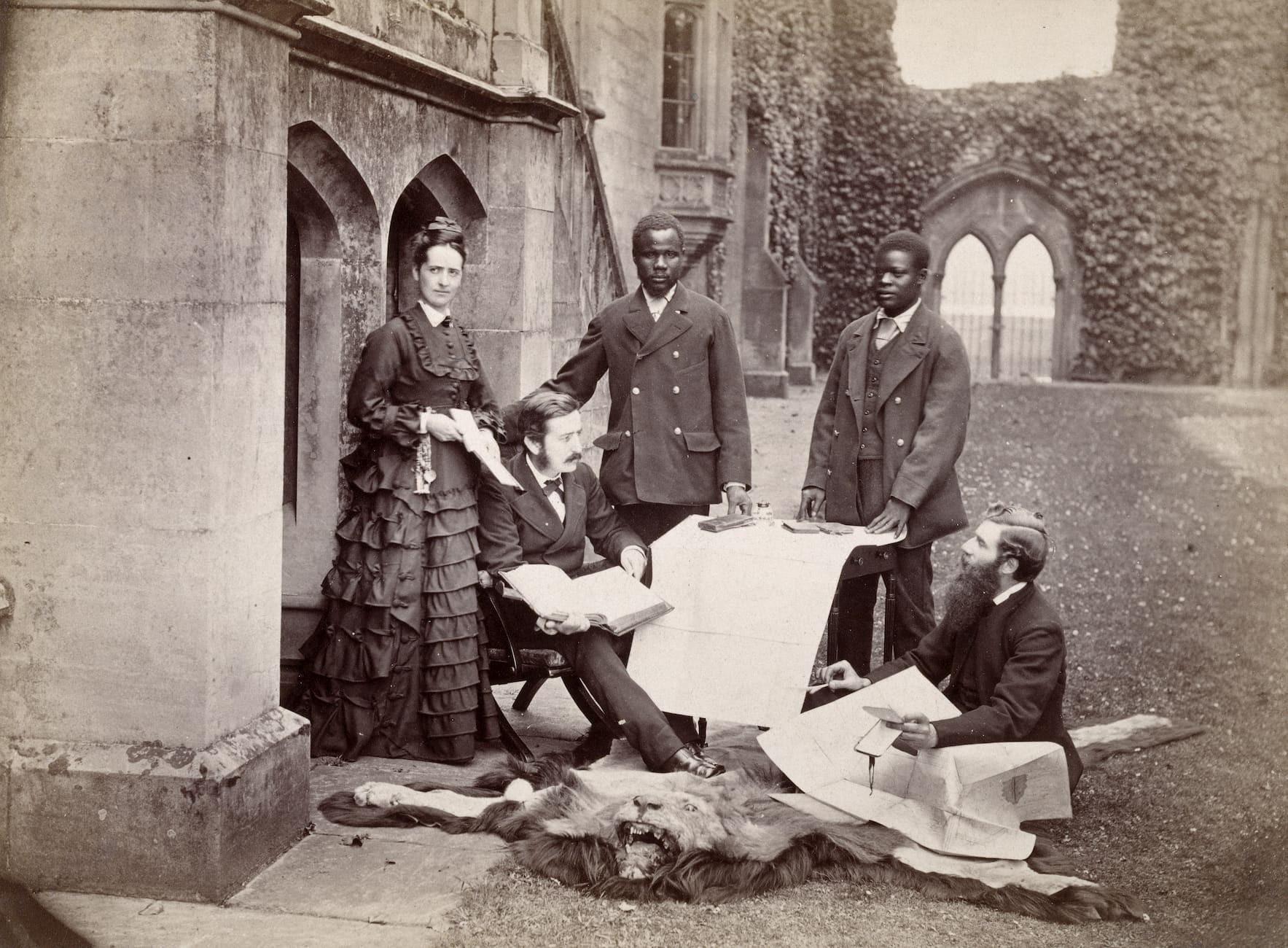
In 1881 he was presented with a silver medal by the Royal Geographical Society and a sword, in recognition of his contributions. In 1879-80 he joined Joseph Thomson and Keith Johnston on the Royal Geographical Society expedition to the Central Lakes. Chuma was baptised in 1865 when he added James to his name.
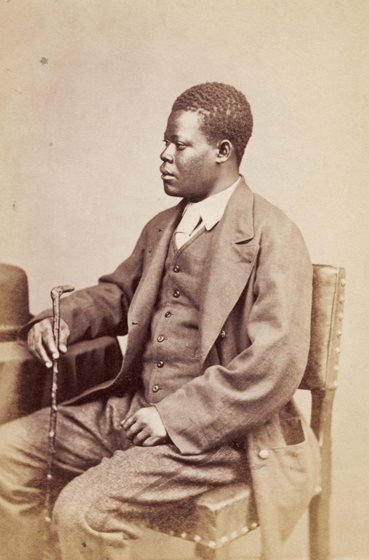
Dr. Adetoye Faniran (1935-2020)
Adetoye was a Nigerian Geomorphologist who authored several geomorphology textbooks and endowed a prize in geomorphology, as well as being an advocate for environmental education.
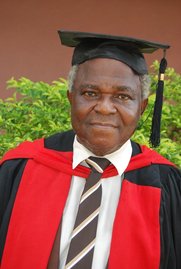
Dr. Asha Best
Asha is an Assistant Professor at Clark University. Her work links mobilities studies, post-colonial and black studies, critical race theory and studies of urban informality. She is particularly interested in popular, improvised and often unofficial urban practices deployed by black and migrant groups, and her research looks at how those practices impact how cities are understood, planned and mapped.
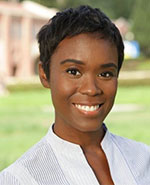
Dr. Clyde Adrian Woods (1957-2011)
Clyde was an Associate Professor of Black studies and acting director of the Center for Black Studies Research at the University of California, Santa Barbara, author of Development Arrested: The Blues and Plantation Power in the Mississippi Delta, and editor of In the Wake of Hurricane Katrina: New Paradigms and Social Visions.
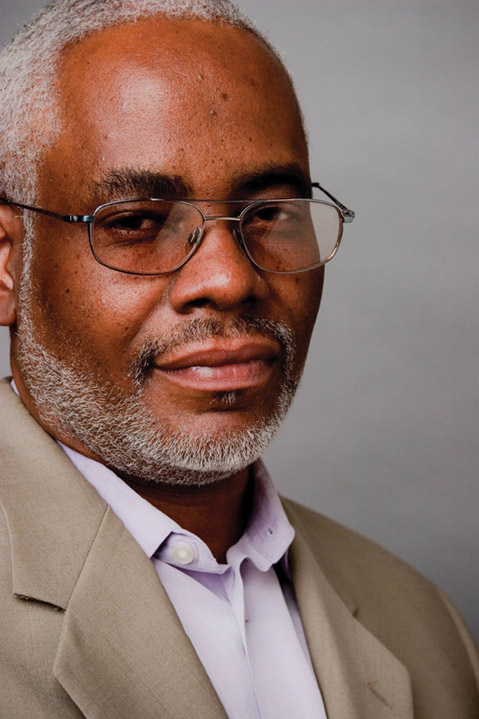
Dr. Milton Almeida dos Santos (1926-2001)
Milton was a Brazilian geographer and geography scholar who had a degree in law. He became known for his pioneering works in several branches of geography, notably urban development in developing countries. He is considered the father of critical geography in Brazil. Santos was a recipient of the Vautrin Lud Prize, and a posthumous recipient of the Prêmio Anísio Teixeira, awarded every five years by the Brazilian agency for the improvement of higher education personnel to distinguished contributors to research and development in Brazil.
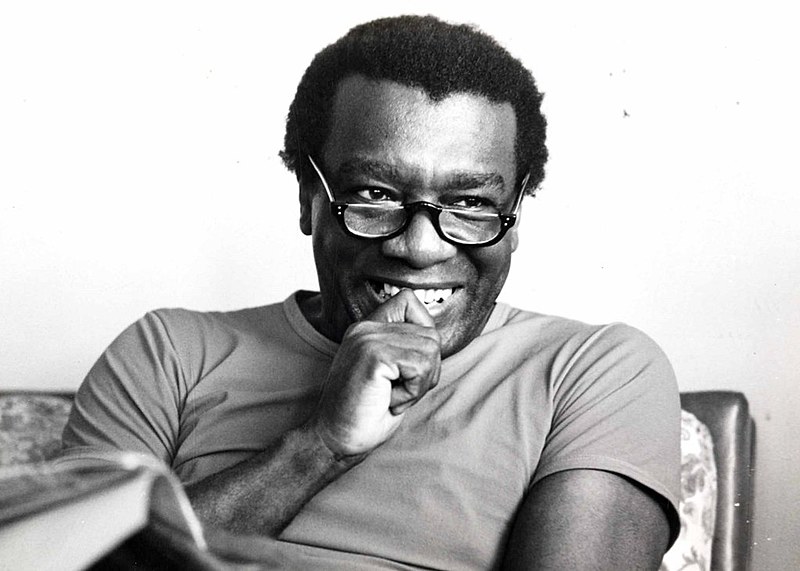
Dr. Andrea Roberts
Andrea is an Assistant Professor at Texas A&M University and the founder of the Texas Freedom Colonies Project. Her research frames planning & historic preservation practices as avenues to social justice. She situates her work on African diasporic planning, grassroots planning, community development, and planning history within critical race, insurgent planning, cultural geographies, and heritage studies. Andrea has recently published “Performance as place preservation: The role of storytelling in the formation of Shankleville Community’s Black counterpublics”, “Black Placemaking in Texas: Sonic and Social Histories of Newton and Jasper County Freedom Colonies”, and “Haunting as Agency A Critical Cultural Landscape Approach to Making Black Labor Visible in Sugar Land, Texas”.
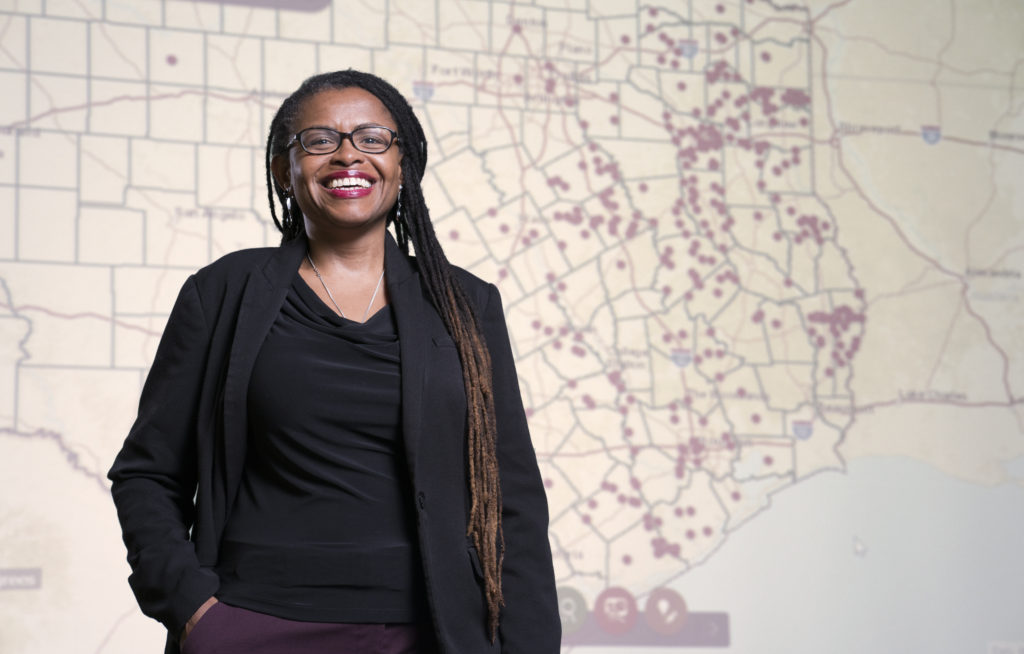
Abdullah Susi (c.1856-1891)
Susi travelled widely inside and outside Africa, founding a ‘station’ in the Congo called Leopoldville, which later became Kinshasa. Susi worked alongside David Livingstone for 20 years on several expeditions. In 1881, Susi joined Henry Morton Stanley on an expedition up the Congo River. Afterwards, it is believed that he sailed around the Cape of Good Hope to reach Zanzibar. Between 1883 and 1891 he worked with the Universities Mission to Central Africa as a caravan leader. Susi was awarded a medal by the Royal Geographical Society.
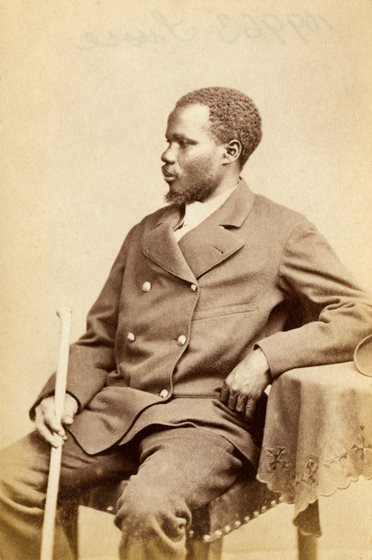
Dr. Catherine Nakalembe
Catherine is an Assistant Research Professor at the University of Maryland, the NASA Harvest Africa Program Director, and a member of the NASA SERVIR Applied Sciences Team on which she serves as the Agriculture and Food Security Thematic Lead. She researches applications of satellite remote sensing and machine learning to agriculture and food security, land use and land-use change mapping, water resources, and climate change, and supports several capacity-building in the use of remote sensing for agriculture monitoring and research. Catherine is a 2020 Africa Food Prize Laureate for her dedication to improving the lives of smallholder farmers by using satellite technology to harness data to guide agricultural decision-making.
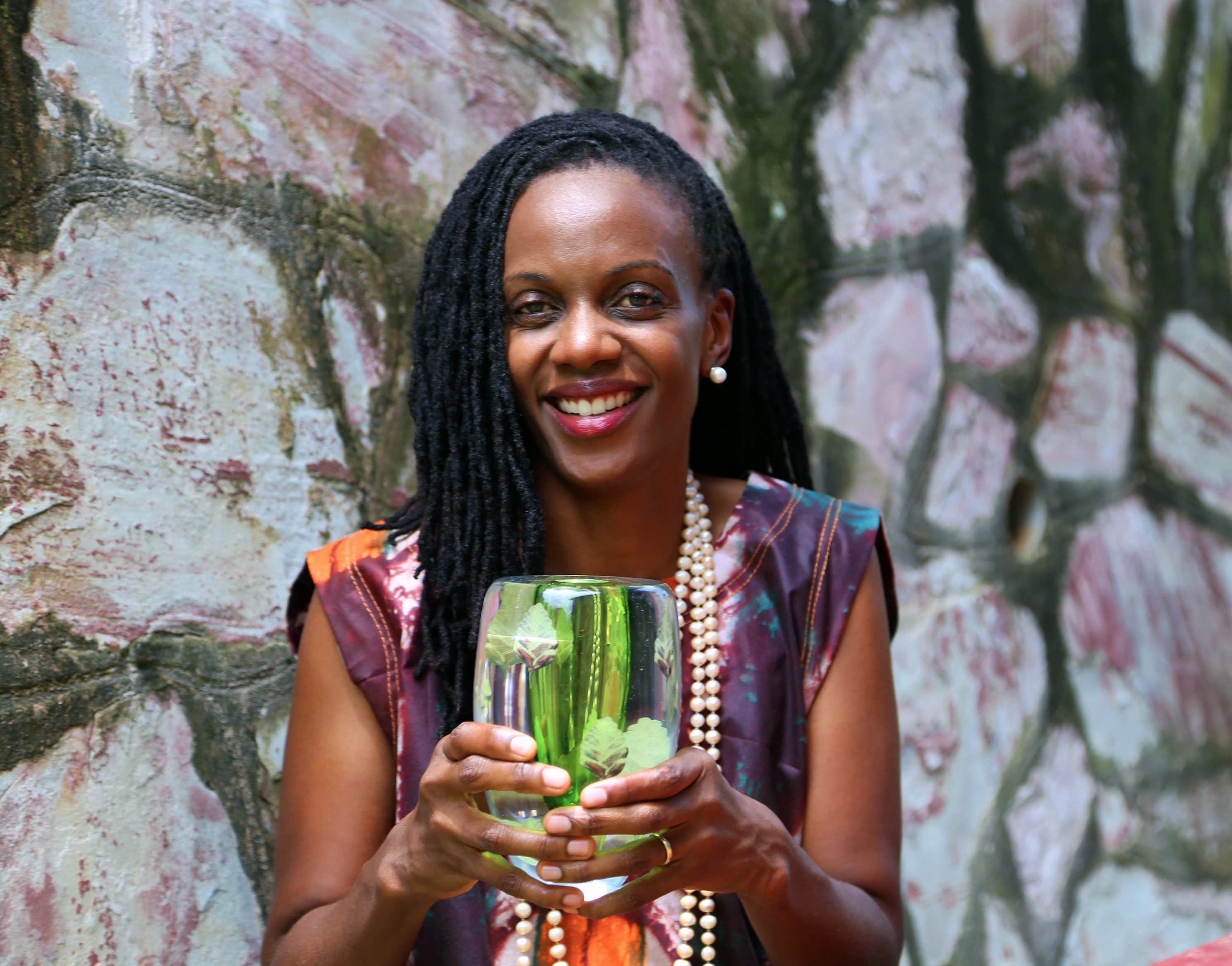
Dr. Celeste Winston (she/her/hers)
Celeste is an Assistant Professor at Temple University. Her research explores spatially interconnected struggles around structural racial, economic, and gender violence. She uses critical qualitative and quantitative methods—often in collaboration with community organizations and leaders to generate evidence of and for more livable and equitable geographies. Her latest research explored connections between slavery-era and more contemporary Black flight from and place-making beyond racial police violence.
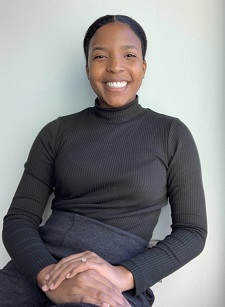
Dr. Adam Bledsoe
Adam is an Assistant Professor at the University of Minnesota. He researches Black geographies, African diaspora, political geography, critical theory, political movements.

Dr. Alex A. Moulton
Alex is an Assistant Professor at the University of Tennessee, Knoxville. His research focuses on contested nature-society relationships, with attention to Black socio-spatial epistemology and struggle, global environmental change, and environmental justice. He focuses on Jamaica, where he has conducted research on agricultural livelihoods, conservation and development, Maroon communities, and human-dimensions of climate change. Alex has also conducted field research in the Commonwealth of Dominica, Grenada, St. Vincent and the Grenadines, and the Republic of South Africa. He combines qualitative fieldwork methods, archival research, and discourse analysis.
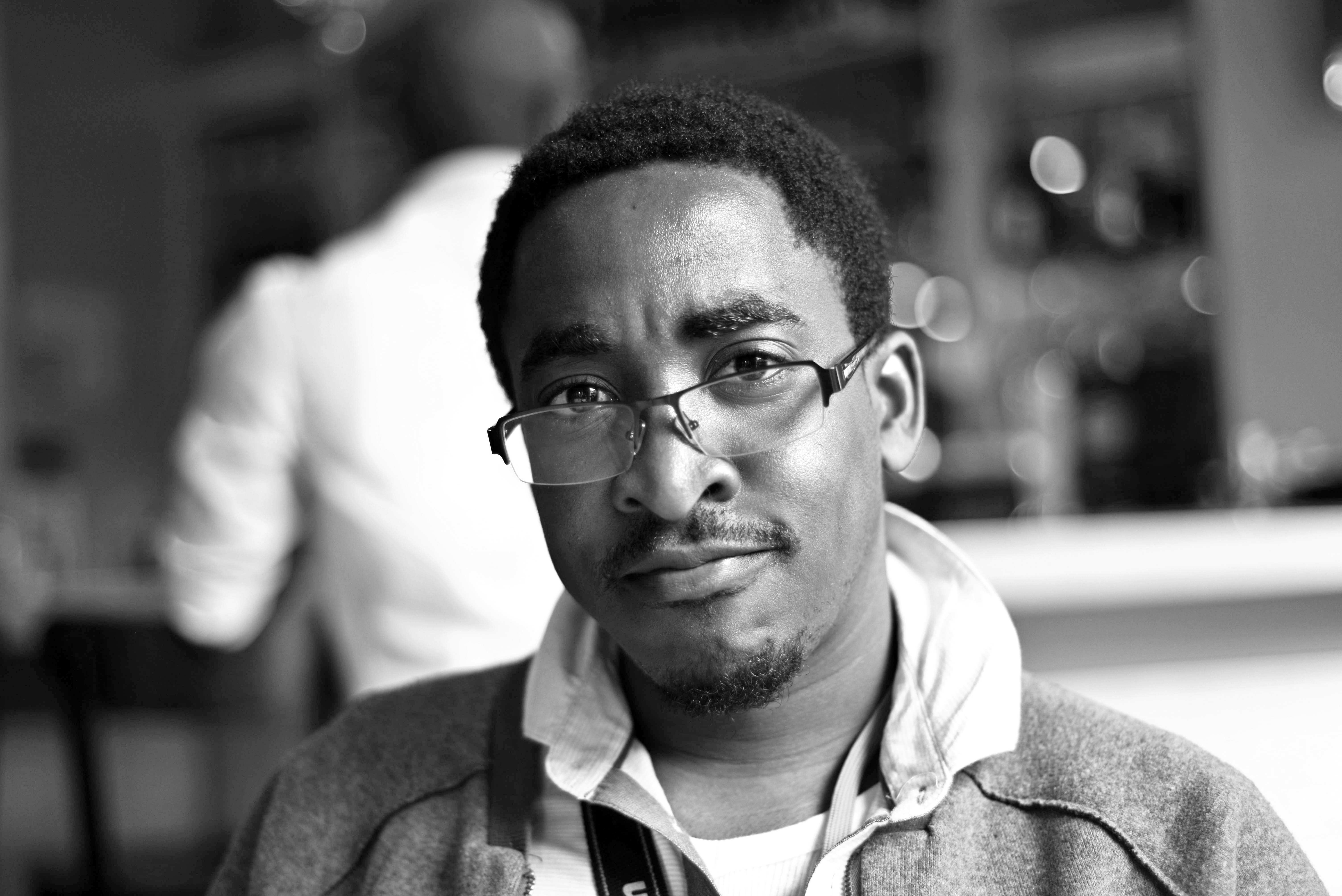
Amobichukwu Amanambu
Amobi is a PhD student at the University of Florida, a Hydrogeomorphologist, and an Earth System Scientist who studies the Apalachicola River with Dr. Joann Mossa. He has a M.Sc. in Geography and a B.Sc. in Geography from the University of Ibadan, and is pursuing a M.Sc. in Water and Environmental Management from Loughborough University, United Kingdom, while he completes his doctoral work.
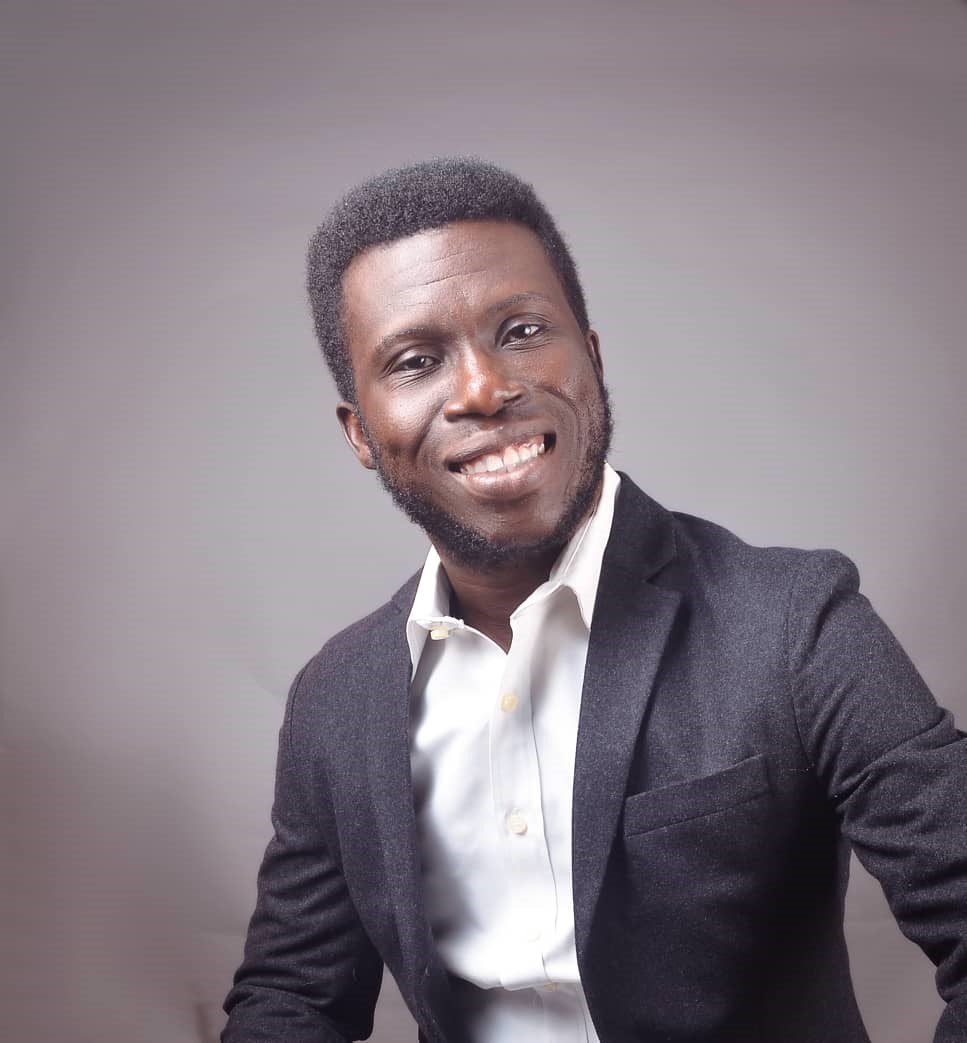
Dr. Kemi Adeyemi
Kemi is an Assistant Professor and Director of The Black Embodiments Studio at the University of Washington. Her writing and curatorial projects use performance as a site and methodology for theorizing the contours of contemporary black queer life. She has two books under contract: Feels Right: Black Queer Women’s Choreographies of Belonging in the Neoliberal City (Duke University Press) and Queer Nightlife (University of Michigan Press), co-edited with Kareem Khubchandani and Ramón Rivera-Servera. Her most recent writing has appeared in GLQ, Women & Performance, and the in Routledge Handbook of African American Art History.
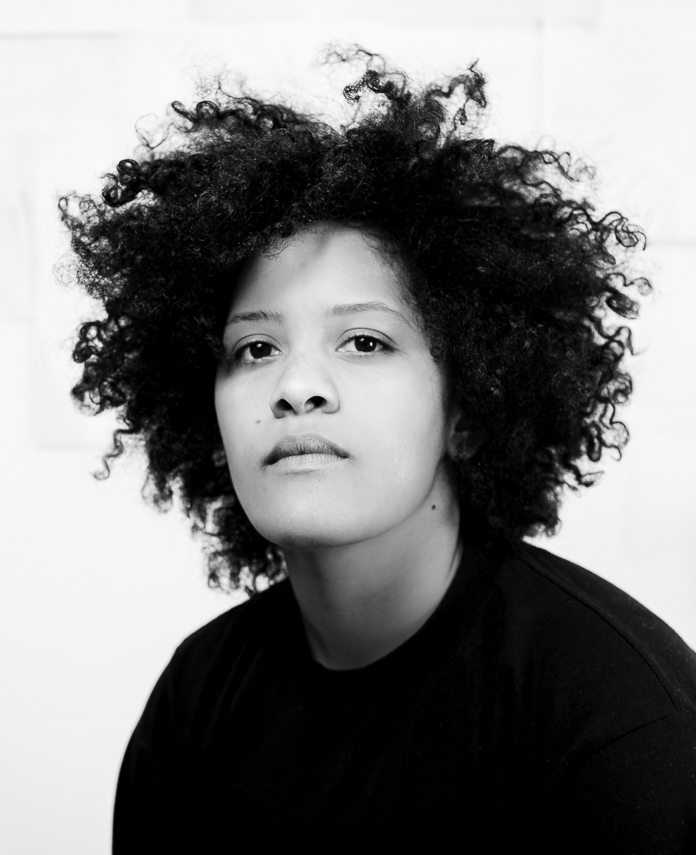
Dr. Tiffany King
Tiffany is an Associate Professor at Georgia State University. She researches Gender and Sexuality in the African Diaspora, Black Feminisms, Native Feminisms, Critical Geographies, Conquest, Settler Colonialism, and Imperialism. Her book The Black Shoals: Offshore Formations of Black and Native Studies argues that scholarly traditions within Black Studies that examine Indigenous genocide alongside slavery in the Americas have forged ethical and generative engagements with Native Studies—and Native thought—that continue to reinvent the political imaginaries of abolition and decolonization.
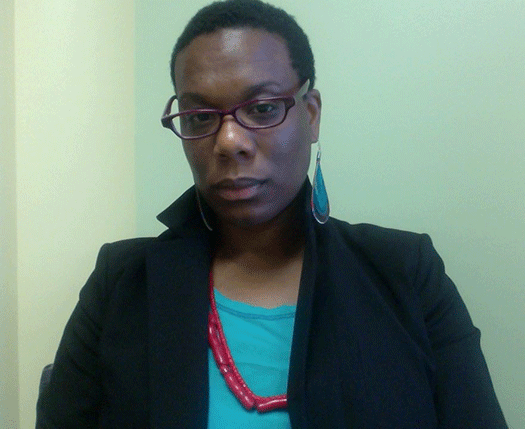
Dr. Brandi Thompson Summers
Brandi is an Assistant Professor at UC Berkeley. Her research examines the relationship between and function of race, space, urban infrastructure, and architecture. Her book, Black in Place: The Spatial Aesthetics of Race in a Post-Chocolate City https://uncpress.org/book/9781469654010/black-in-place/, explores how aesthetics and race converge to locate or map blackness in Washington, D.C. and demonstrates the way that competing notions of blackness structure economic relations and develop land in the gentrifying city.
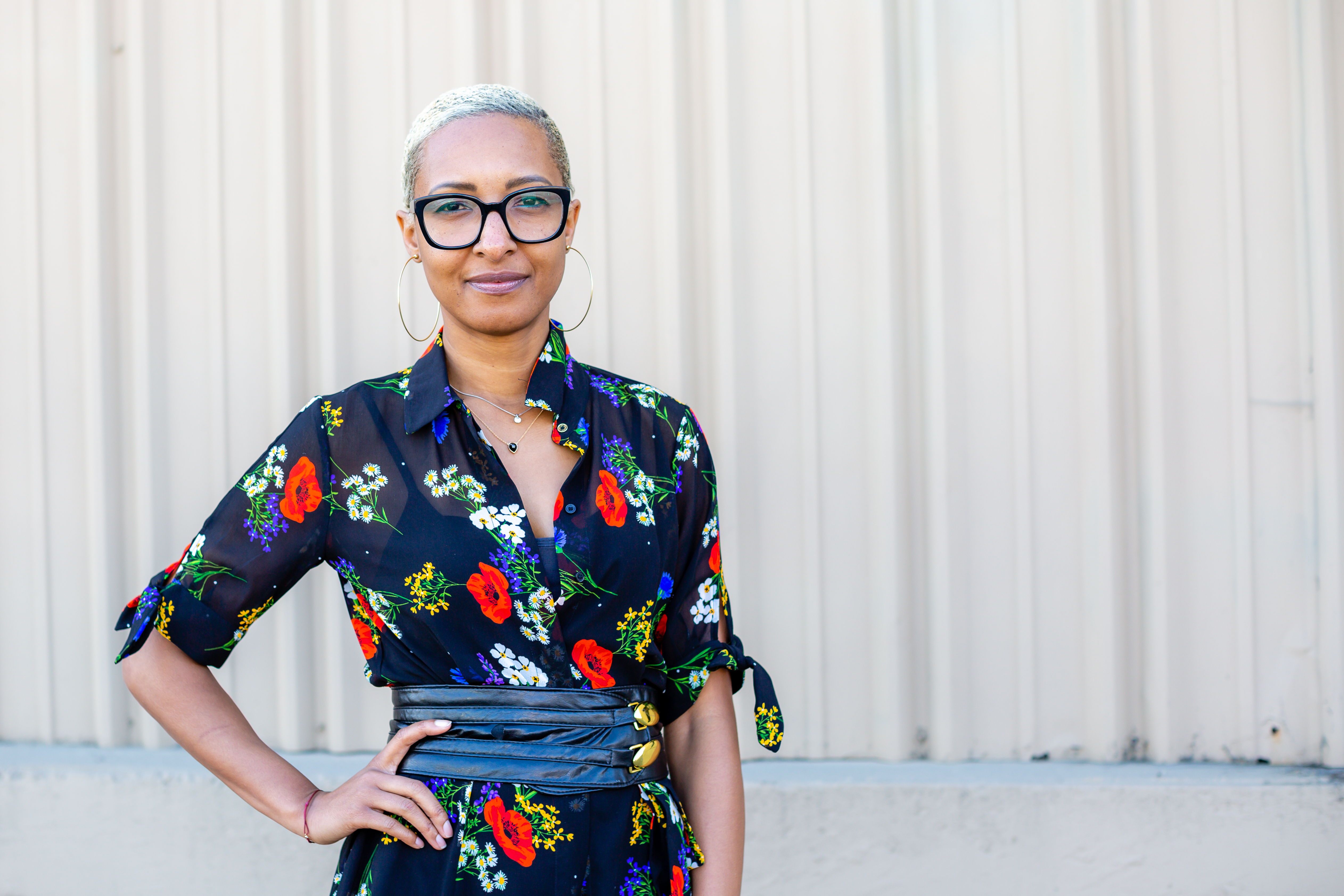
Dr. Brittany Meché
Brittany is about to start as an Assistant Professor of Environmental Studies at Williams College. Her research and teaching interests include West Africa, United States, African Diaspora; security/militarism; nature/environment; race/empire; expertise/international development; politics/political theory. She has received many awards – most recently a McMillan-Stewart Fellowship at Harvard University and a Gaius C. Bolin Dissertation and Postdoctoral Fellowship in Environmental Studies at Williams College.
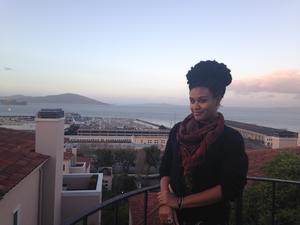
Dr. Camilla A. Hawthorne (She/Her/Hers)
Camilla is an Assistant Professor at UC Santa Cruz. She is a critical human geographer and interdisciplinary social scientist broadly interested in the racial politics of migration and citizenship, inequality, social movements, and Black geographies. Her research focuses on African Diaspora, Critical Race and Ethnic Studies, African American / Black Studies, Immigration, Activism, Discrimination and Inequality, Labor and Social Movements. She currently serves as Chair of the Black Geographies Specialty Group of the American Association of Geographers.
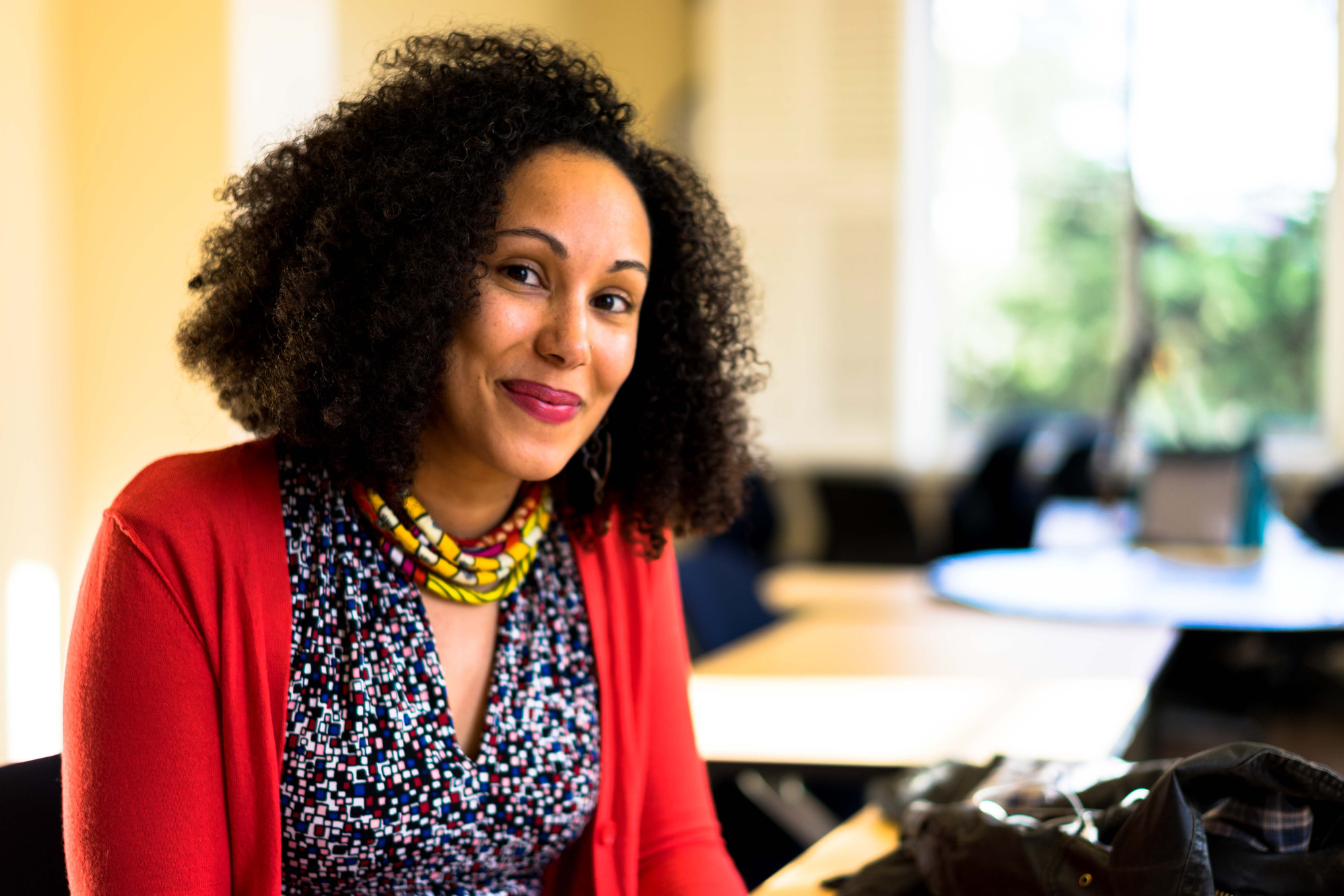
Dr. Yvette Pye
Yvette is a Core Professor at Saint Mary’s University of Minnesota. Her research interests are Culturally Responsive Pedagogy, education consulting, traditional African education, youth development, and urban social geography. She is a published author, community advocate and founder of both the Dream Big Institute and The Pye Foundation of Education and Literacy.
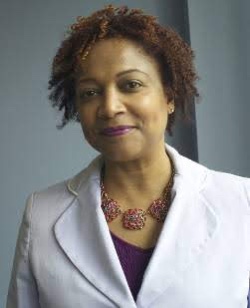
Dr. Rashad Shabazz
Rashad is an Associate Professor at Arizona State University. His research explores how race, sexuality and gender are informed by geography. His most recent work, “Spatializing Blackness,” (University of Illinois Press, 2015) examines how carceral power within the geographies of Black Chicagoans shaped urban planning, housing policy, policing practices, gang formation, high incarceration rates, masculinity and health. Most recently, he is working on a musical geography of the Minneapolis music scene.
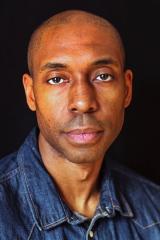
Dr. Rita Yembilah
Rita is a Senior Researcher/Evaluator at the Canadian Poverty Institute. Her expertise is in evaluation, poverty, vulnerability and marginalization, resiliency building, and gender studies. She brings a critical and decolonizing lens to her work and is particularly passionate about including lived experience voices in research, policy, and practice. She is also an Adjunct Assistant Professor of Development Studies at the University of Calgary with teaching and research involvements in gender, community engagement, mental health promotion, and Study Abroad programs.
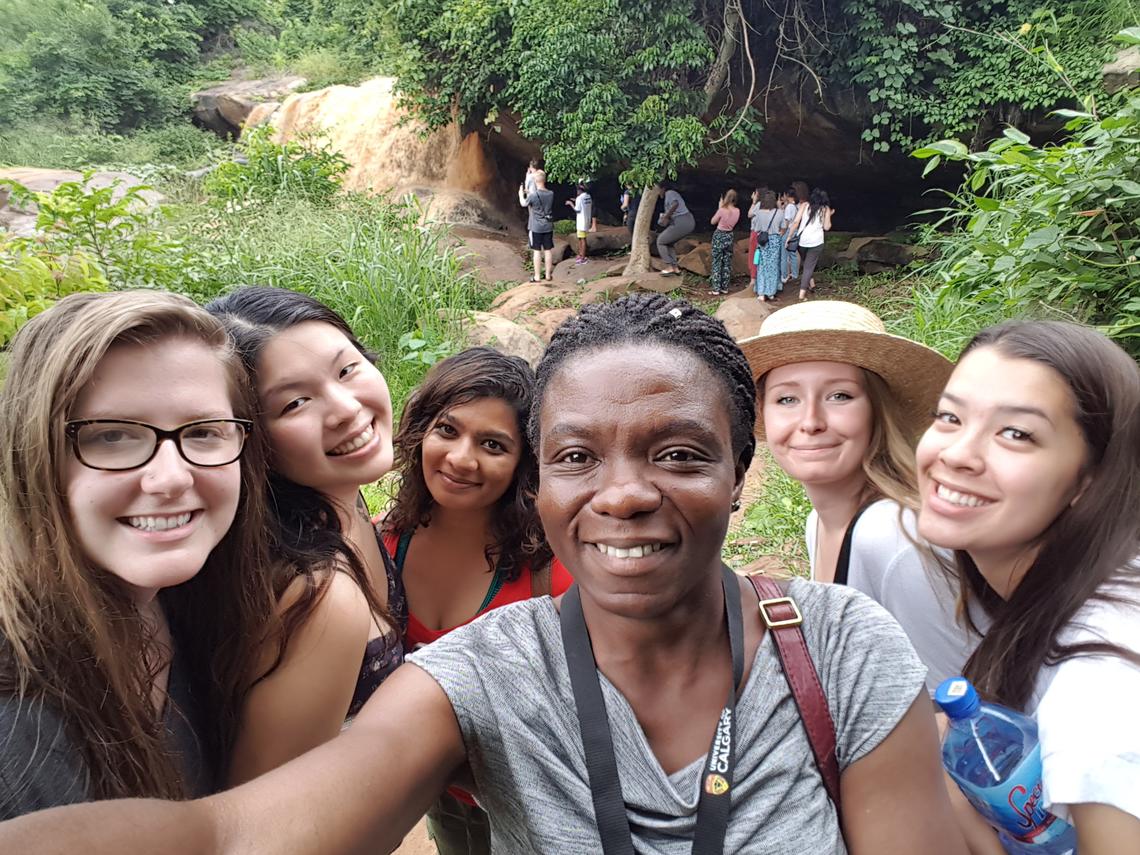
Salomé Buglass
Salomé is a Project Scientist at the Charles Darwin Foundation, a geography PhD Student at the University of British Columbia, and a National Geographic Explorer. She researches the distribution of marine communities, such as deepwater coral and kelp forests associated with seamount (underwater mountain) habitats in the Galapagos Marine Reserve. Salomé has a background in biogeography with a strong focus on climate change and has worked with marine ecosystems and fisheries in the Caribbean, Canada, and Ecuador. Salome strives to: a) stalk and study the lives of unexplored ocean creatures, b) generate interest, love and respect for the blue planet, c) produce useful information to support its protection and sustainable use, and d) connect with woke humans from all walks of life who seek and drive forward positive change for coastal communities and the ocean. Salomé wrote about the relationship between being a geographer and a marine scientist for the University College London Geography Department in “How I evolved from being a UCL Geography graduate to a marine scientist in the Galápagos“.
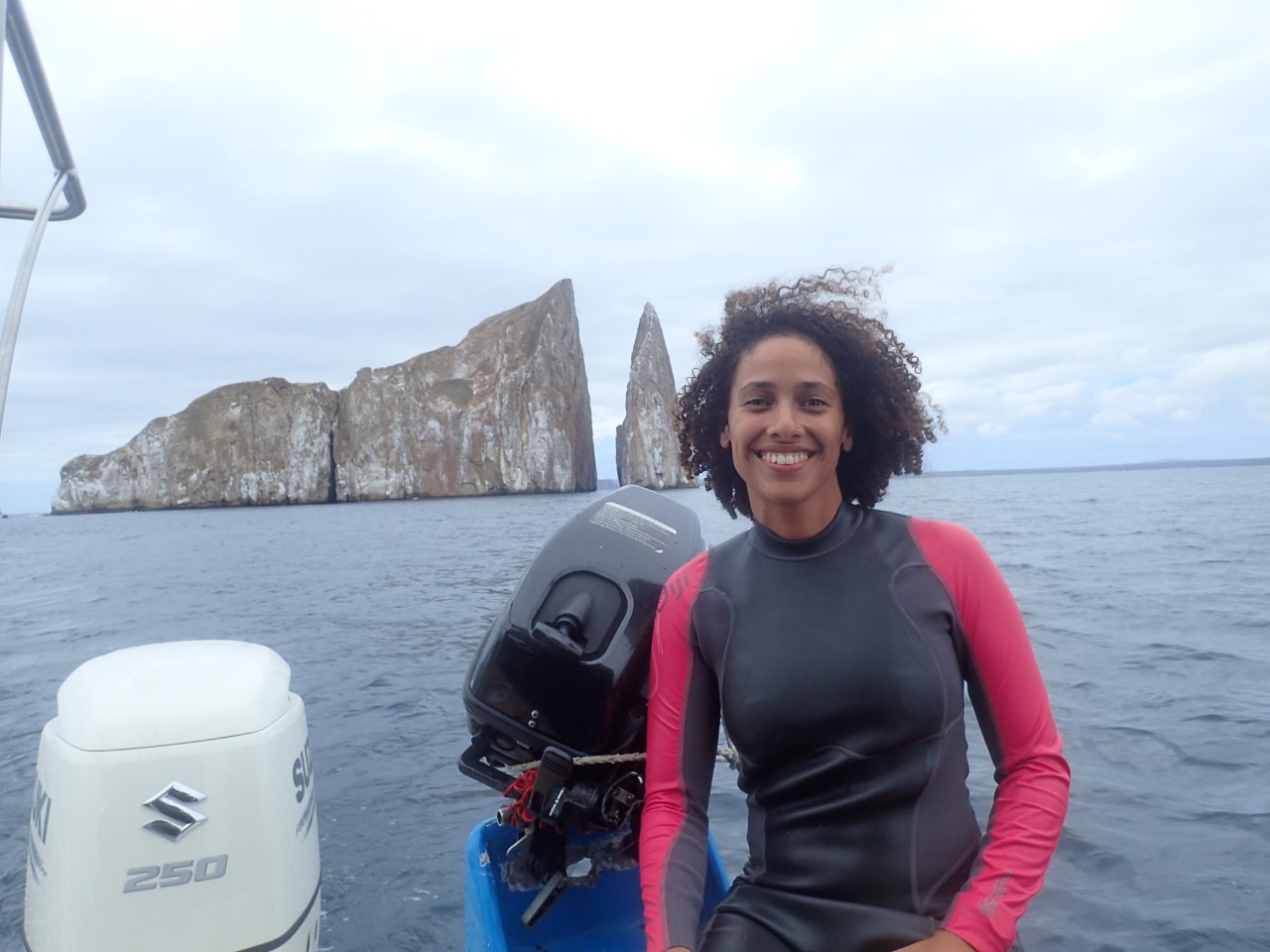
Dr. Danielle M. Purifoy (she/they)
Danielle is an Assistant Professor of Geography at The University of North Carolina at Chapel Hill. Her research traces the roots of contemporary environmental conditions in the U.S. South, specifically in black towns dating back to the post-Bellum era. She has also written about the legal dimensions of environmental justice and equity in food systems. Danielle is the former Race and Place Editor editor at Scalawag, a magazine devoted to Southern politics and culture, and the current Board Chair of the North Carolina Environmental Justice Network.
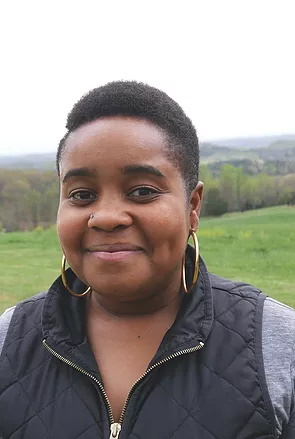
Christopher Williams
Christopher is a Master’s student at the University of Florida and a Human Geographer who studies atmospheric science, disaster risk reduction, risk communication, and emergency management with Dr. Kevin Ash. His research focuses on concurrent risks posed by tornadoes and the COVID-19 pandemic and residents’ emergency sheltering perceptions and behavior likelihood. He has a B.S. in Earth and Atmospheric Sciences, Georgia Institute of Technology.
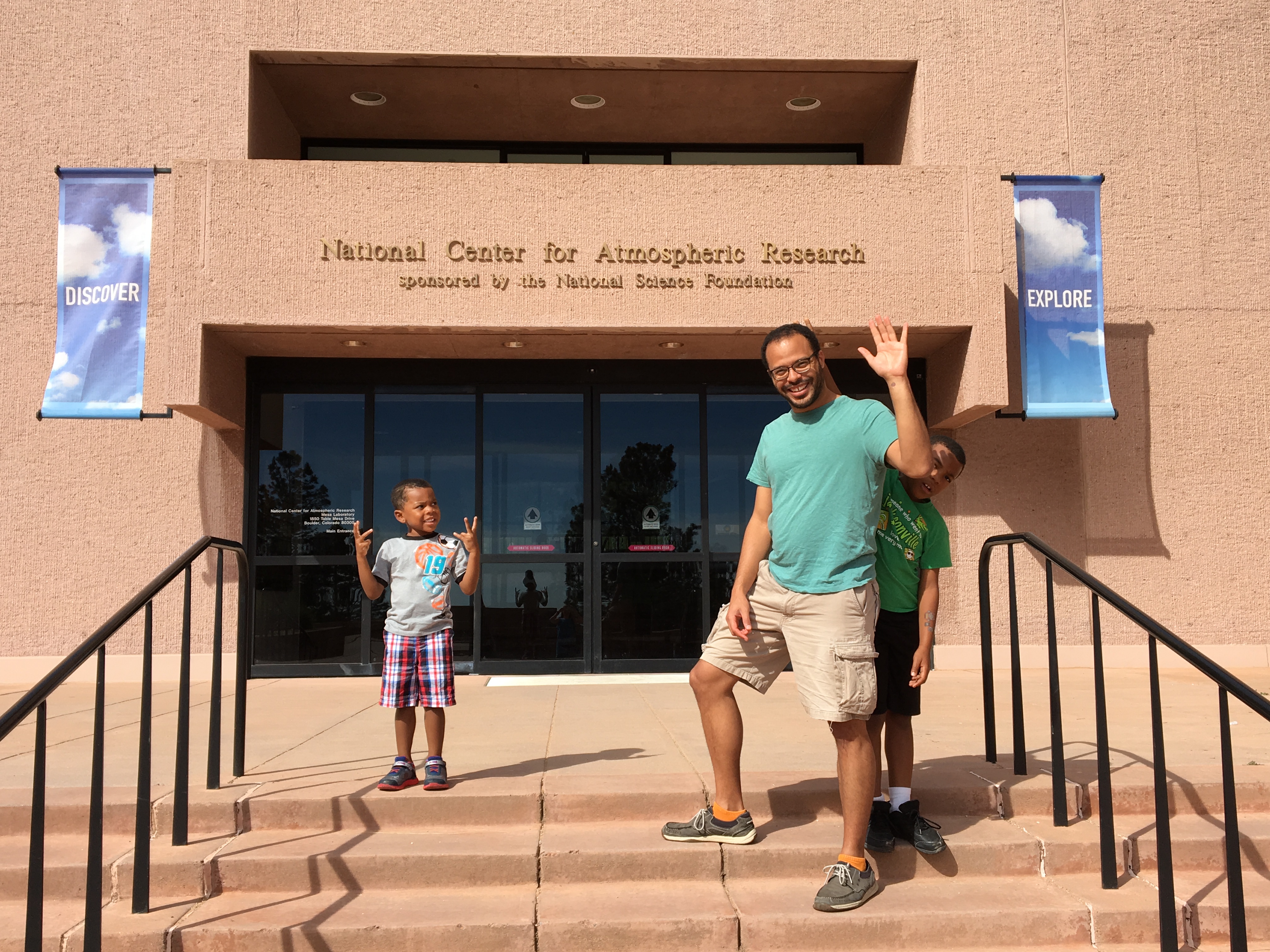
Dr. Brian J Jefferson
Brian is an Associate Professor and Associate Head of the Department of Geography & Geographic Information Science at the University of Illinois Urbana-Champaign. He researches computing technology, capitalism, and the state and his recent publications look at the history of digital technology in the criminal justice system in the United States.
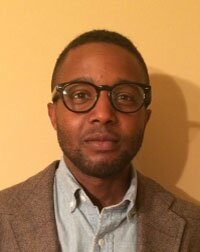
Dr. Samuel Agblorti
Samuel is a Senior Lecturer at the University of Cape Coast and the Research Coordinator at the Centre for Gender Research, Advocacy and Documentation (CEGRAD). He researches migration, refugees, gender and development, and environmental politics. Samuel’s most recent publications are: “Conceptualising obstacles to local integration of refugees in Ghana”, published in Refugee Survey Quarterly (2019) with Miriam Grant; and “Revisiting the host-refugee environmental conflict debate: Perspectives from Ghana’s refugee camps”, in Canadian Journal of African Studies (2020), also with Miriam Grant.
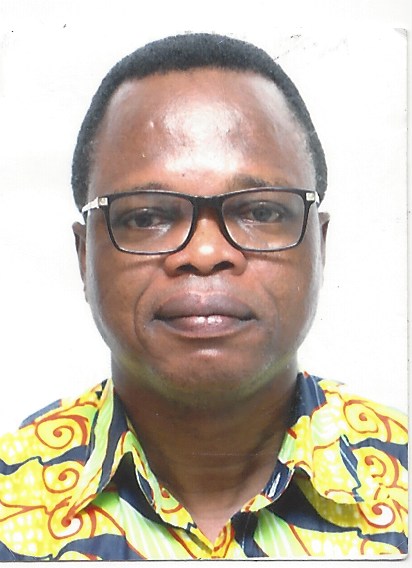
Dr. Patricia Noxolo
Pat is a Senior Lecturer in Human Geography at the University of Birmingham. Her research brings together the study of international development, culture and in/security, and uses postcolonial, discursive and literary approaches to explore the spatialities of a range of Caribbean and British cultural practices. She is lead researcher on the Caribbean In/securities and Creativity (CARISCC) research network, funded by the Leverhulme Trust and is chair of the Society for Caribbean Studies, co-editor of Transactions of the Institute of British Geographers, and secretary of the RACE group of the Royal Geographical Society.
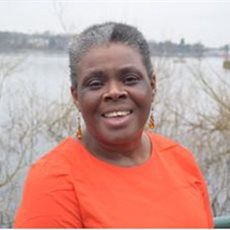
Dr. Daniel Tevera
Daniel is a Professor of Geography, Environmental Studies & Tourism at the University of the Western Cape, South Africa. Daniel Tevera is a Human Geographer with research interest in food and the city, Zimbabwean migration and environmental security in Southern Africa. His early work focused on livelihoods and spatial strategies in the informal economy, migration geographies, and environmental security. However, it is the domain of food and the city that his recent work focuses on. He has served as an expert participant in policy debates around Temporary Labour Migration Schemes in small countries (Commonwealth), African migration (United Nations Economic Commission for Africa), and Migration Policy Framework for Africa (African Union).
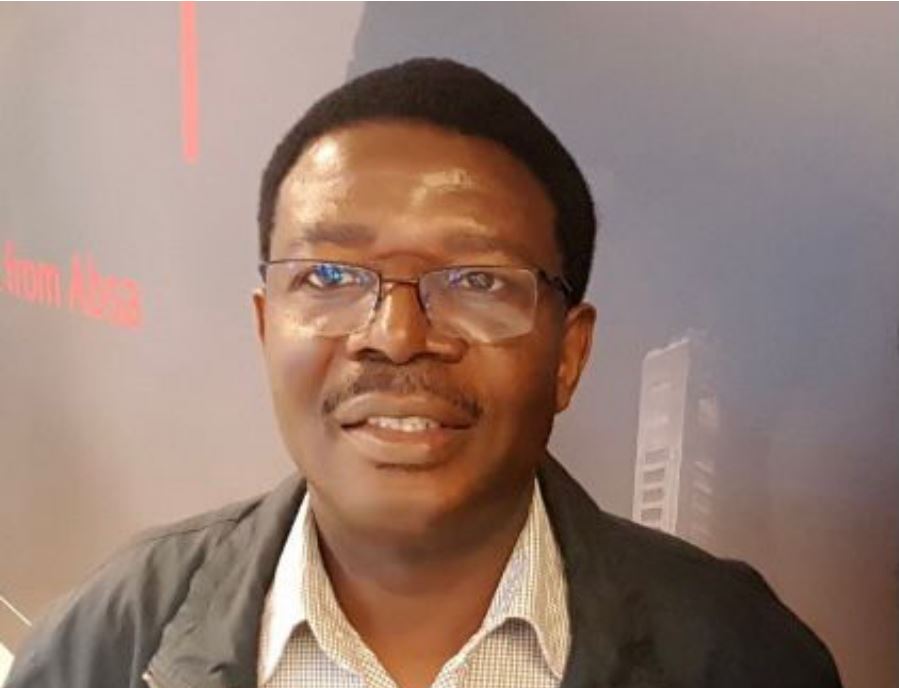
Dr. David Hanson
David is a GeoGator alum who completed his doctoral studies at the School of Forest Resources and Conservation, where he researched public engagement with science.
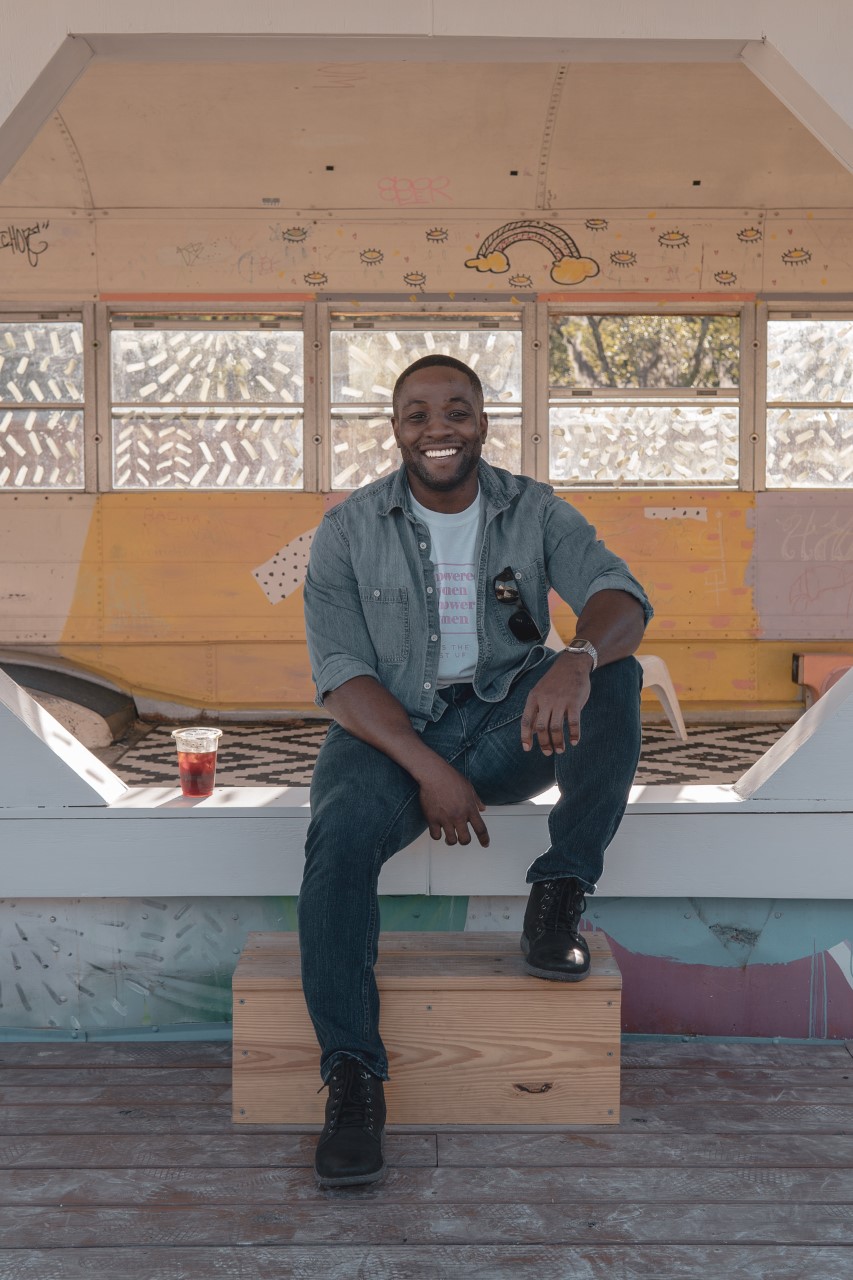
Dr. Joe T. Darden
Joe is a Professor of Geography, Environment, and Spatial Sciences at Michigan State University and former Dean of Urban Affairs Programs from 1984 – 1997. His research interests are urban social geography, residential segregation, immigration and socioeconomic neighborhood inequality in multi-racial societies. He is the author or co-author of 8 books.
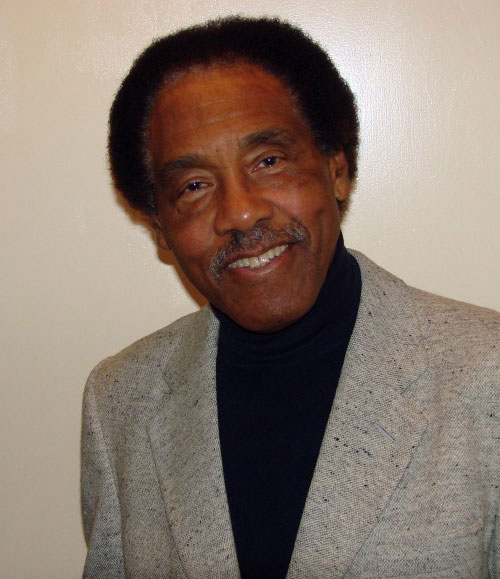
Robyn Maynard
Robyn is a PhD candidate at the University of Toronto. She is a Vanier Scholar holding a Faculty of Arts & Science Top Doctoral (FAST) fellowship and is an award-winning researcher whose writings are regularly taught in universities across North America and Europe. Her research explores Black diaspora, empire, borders, abolition, social movements, and policing. Robyn recently published Police Abolition/Black Revolt in TOPIA: Canadian Journal of Cultural Studies.
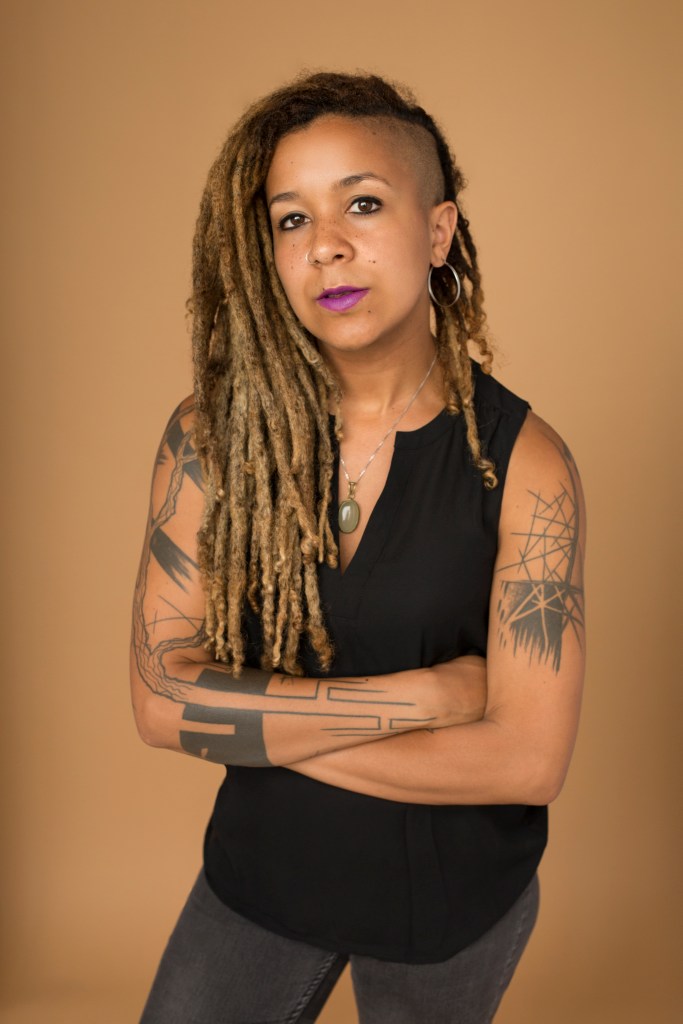
Dr. Jovan Scott Lewis
Jovan is an Assistant Professor of Geography at the University of California, Berkeley. He co-leads the Economic Disparities research cluster in Berkeley’s Othering and Belonging Institute. Jovan’s research is concerned with the articulations of racialized poverty, which he examines through questions of racial capitalism, underdevelopment, and radical terms of repair. He has conducted research in Jamaica on these topics, which culminated in his monograph, Scammer’s Yard: The Crime of Black Repair in Jamaica. He is currently at work on his second monograph based on research conducted in Tulsa, Oklahoma, which traces the consequences of the 1921 Tulsa race massacre.
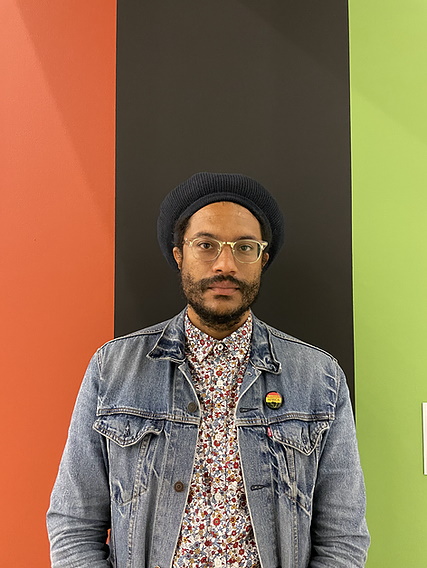
Dr. Ellis Adjei Adams
Ellis is an Assistant Professor in the Keough School of Global Affairs at the University of Notre Dame. Adams’ work examines the social, political, institutional, and governance dimensions of environmental and natural resources, particularly water. Trained as a human environmental geographer with expertise bridging the natural and social sciences, he is broadly interested in nature-society relations. His research to date has primarily focused on understanding human-water interactions in different urban contexts in the Global South.
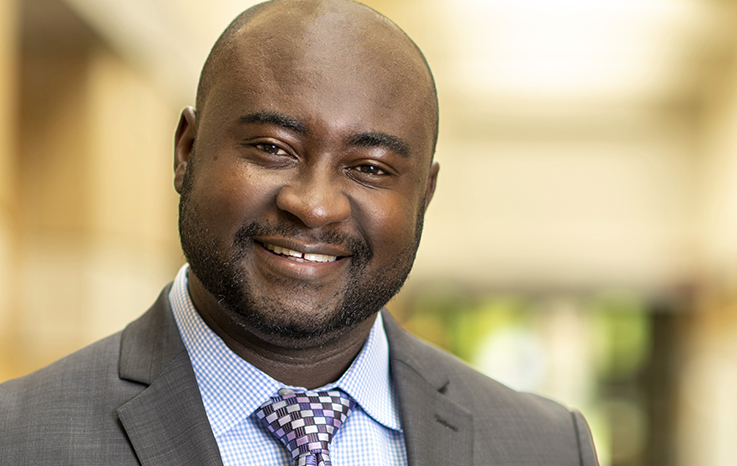
Dr. Naya Jones (she/her)
Naya is an Assistant Professor at UC Santa Cruz. As a geographer and cultural worker, she focuses on Black geographies of health and healing in North and Latin America. She practices community-based and arts-based research. She is a current Anne S. Chatham Fellow in Medicinal Botany (Garden Club of America) and a former national Culture of Health Leader (2017-2020), reimagining health with a cohort of community builders from around the United States.
Dr. Akin Mabogunje
Akin is a Nigerian geographer. He was the first African president of the International Geographical Union, the first African to be elected as a Foreign Associate of the United States National Academy of Sciences, is known as the ‘Father of African Geography’, and received the Vautrin Lud Prize. He wrote Urbanization in Nigeria and is the Chairman of the Ibadan School of Government and Public Policy.
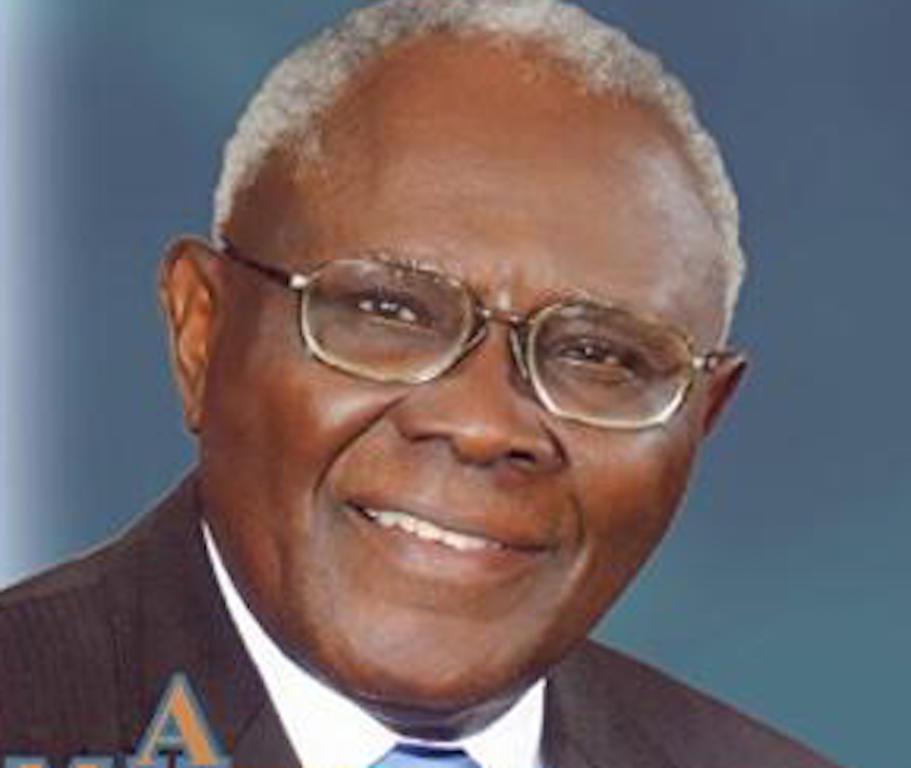
Dr. Sharlene Mollett
Sharlene is an Associate Professor in the Department of Human Geography and Centre for Critical Development Studies at the University of Toronto. She studies race, gender, property/land rights, postcolonial feminist political ecology, international development, and tourism in Latin America.

Zainab Ali
Zainab is a PhD student at the University of Florida and an Earth System Scientist who studies tropical cyclones with Dr. Corene Matyas. She has a M.S. in Applied Meteorology, University of Reading, United Kingdom, 2018 and a B.S. in Atmospheric Science and Meteorology, North Carolina A&T State University, 2017
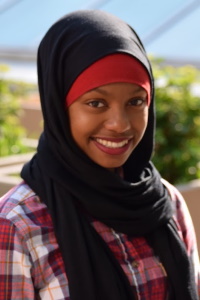
Sidi Mubarak Bombay (c.1820-1885)
Bombay worked with many British explorers in Africa, including Burton, Speke, Grant, and Stanley. He covered 5,970 miles overland, mostly on foot, and traced the source of the Nile. He spoke many languages and was granted a silver medal and a pension from the Royal Geographical Society in 1876. Learn more about Bombay’s life at The Royal Geographical Society’s Hidden histories of Black geographers.
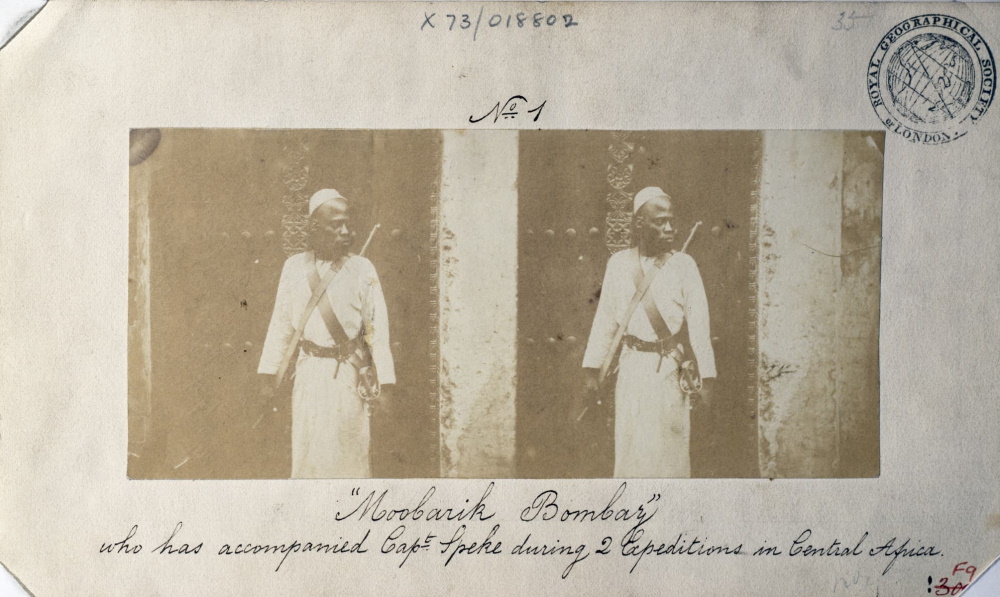
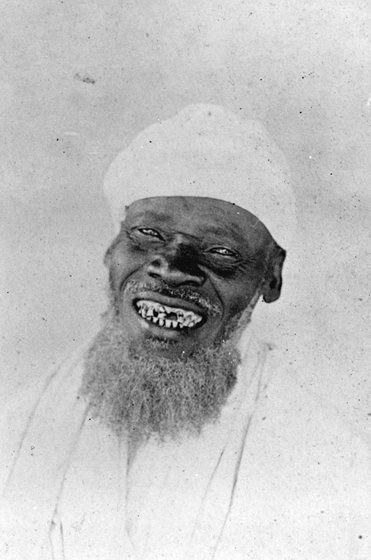
–
If you would like to share the story of a Black Geographer, please send an email to Mike Ryan Simonovich.
Credit: Mike Ryan Simonovich
